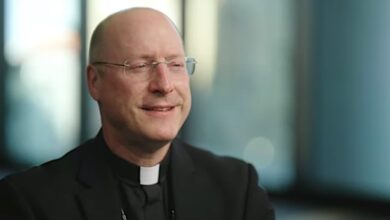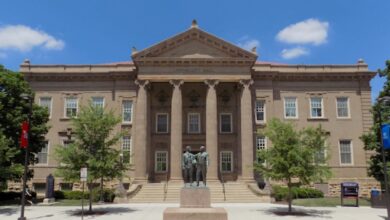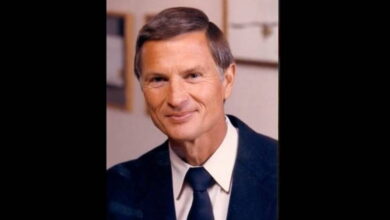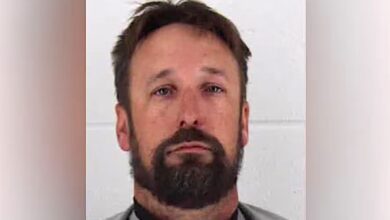Millions in federal aid could be lost as one in three Kansas households has yet to fill out census
Amid a pandemic that has slowed efforts to count Americans, more than a third of Kansas households haven’t yet responded to the U.S. Census.
In some counties, especially in rural areas, less than half of the population has filled out the forms that help steer billions in federal dollars and resources to the state each year.
One recent, high-profile example: Medical supplies that Kansas received from the Strategic National Stockpile to combat COVID-19 went out to counties based on their 2010 Census counts.
As a whole, Kansas’ 65% rate so far is slightly ahead of the national response rate. But participation in the census varies dramatically so far, even within individual counties and towns.
Though this year marks the first time people can fill out the Census online, many families don’t have computers or smartphones. Others haven’t taken the U.S. Census before, and don’t know how the count works. Those with family members in the country illegally might be especially fearful.
By law, the Census Bureau must keep people’s responses confidential. The information cannot be used by immigration or law enforcement agencies.
The pandemic has postponed much of the work that grassroots groups and community leaders envisioned for promoting the census, forcing them to adapt.
Thousands of cases of coronavirus have been linked to Kansas meatpacking plants, mostly in the state’s southwest corner.
READ: Local authorities have conflicting face mask regulations
Other hard-to-count groups include very young children, military families and college students.
College students should count where they live during the school year, says Emily Kelley, who coordinates outreach work for the U.S. Census Bureau in Kansas and Oklahoma.
Normally, census workers go door to door in college communities during the spring semester to help make sure that happens. COVID-19 not only threw a wrench in face-to-face visits, she said, it also meant many students didn’t return to their college towns after spring break.
“K-State students comprise almost half of the population in the city of Manhattan,” Kelley said. “So making sure we count them is really, really important.”
The Census Bureau wants college students to fill out their forms with the address they would have occupied on April 1, had the pandemic not shut down their schools.
Kansas receives billions of dollars each year tied to census figures.
Even missing 1,000 people from the count can add up to millions in missed federal funding for the state and its communities each year.
More than 300 federal programs rely on the Census Bureau’s decennial count to guide spending, including dozens aimed at supporting rural communities. It steers dollars for everything from water and road infrastructure to libraries.
George Washington University researchers looked at a handful of major health programs — including insurance for children — for 2015. It pegged the stakes for Kansas at about $30 million in annual lost funds for each 1% of the population that goes uncounted.
“We hoped we would be over 80% response rate at this time.” said Wendi Stark, who coordinates census outreach efforts for the League of Kansas Municipalities. The pandemic forced them to rethink. “Our goal is to make sure that we have over 80 percent by July 31.”
In August, census workers will fan out to homes that haven’t replied. The more people reply by phone or mail, or online, the less knocking those workers will have to do amid a pandemic.
Census workers will keep knocking on doors through October.
Many rural areas with low response rates in Kansas depend heavily on P.O. boxes for mail delivery. That complicates matters because census workers had to hand-deliver packets to homes there instead, hanging them on doors or gates. This year, the pandemic pushed that work back until May, meaning many homes only received written notice a few weeks ago.
Officials remain confident that response rates will climb once volunteers and census workers can get out more.
Kansas created committees across the state this year to loop neighborhood groups, pastors, doctors, educators and others who have the trust of their communities into the work of spreading the word.






